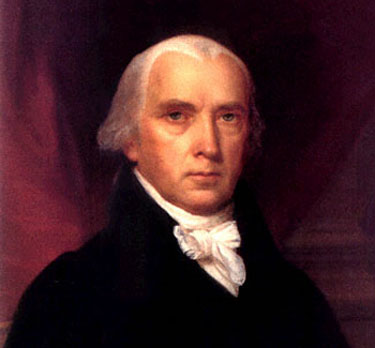(image from Fl. House)
I came across him while reading about the murder of Trayvon Martin (link via The Grio). This guy seems to be the epitome of everything I despise in the Republican party. Let me do the list...
(image from ervinlaszlo.com, turned up on a random search. I have no idea who Ervin Laszlo actually is.)
Baxley sponsored the "Stand Your Ground" legislation that will be the basis of George Zimmerman's defense. This law removes the obligation of Florida citizens to avoid a confrontation. The relevant language seems (not a lawyer) to be section 3, which reads:
A person who is not engaged in an unlawful activity and who is attacked in any other place where he or she has a right to be has no duty to retreat and has the right to stand his or her ground and meet force with force, including deadly force if he or she reasonably believes it is necessary to do so to prevent death or great bodily harm to himself or herself or another or to prevent the commission of a forcible felony.
Which this lay person interprets as the right to attack someone you think is out of line. Again, I'm not a lawyer, but if I can stand my ground till the situation has scared me, and then attack first...
this strikes me as insanely bad public policy.
(This and unlabeled images from Wikimedia Commons)
In fairness to Baxley, he may not have actually written the legislation he sponsored. "Stand Your Ground" is part of the NRA legislative agenda of increased gun ownership, tax-payer subsidies to the NRA's "Eddie the Eagle" program, and exemption of gun manufacturers from consumer product safety liability.
But Baxley gives and he gives. He also sponsored Florida's latest attempt to disenfranchise it's own citizens, by making it harder for likely Democrats to vote.
I understand that people are really, really good at lying to themselves. I understand the cognitive basis for equating your interests with the general interest. I try to resist the conclusion that people are evil, and to conclude instead that they're prisoners of their neurology. But Jesus H. Christ...
(image from Graphitti Designs)
if you're a politician, in a democracy, and your interests are served by FEWER citizens voting...
you're on the wrong fucking side. Develop some self-awareness. Looking at you, Representative Baxley.
It is a source of some perplexity to me that Baxley is a Board member of The Florida Council on the Social Status of Black Men and Boys. That seems like a strangely regressive name for an organization, but what do I know? I'm as lilly white as they come, and this is unquestionably an African-American organization with an African-American Board. I've asked them to comment on Baxley's various legislative initiatives, and will post any response they make as an update.
Baxley's in a position to do a lot of damage, and he has. According to his site he's the Chairman of both the Criminal Justice sub-committee of the Judiciary Committee (oddly, he's not listed as a member of either that committee or that sub-committee on their web pages) and the Health and Human Services Access sub-committee of the Health and Human Services Committee. That last chairmanship has been helpful to Baxley as a launching point for anti-Choice legislation, embodied in HJR 1179.
This bill amends the state Constitution so as to prohibit public funding of abortions. Except, the laws of Florida already prohibit public funding of abortions, just as Federal law does. Even Baxley admitted that the Amendment's importance is purely symbolic.
Finally, Baxley helped push a stealth school prayer bill through the House.
"I think it's far-reaching and it's controversial, but we as a state will address the sanctity of life, which is a foundational issue," he said.
"That's the overriding issue, and the public should speak to it — and that's more important than how much money we spent on abortions last year."
I find these last two pieces of legislation of particular interest. Neither of these bills will have a significant public policy effect. Their entire purpose is the payment of symbolic deference to Christian Conservatives in the hopes of maintaining their political support, at the expense of all Florida tax-payers.
The nice way to say this is that Dennis Baxley aggressively promotes the interests of a particular constituency in the Florida State Legislature. Instead of saying who that constituency is, there's some value in examining who it isn't....
it's not black teen-agers being menaced by a racist vigilante.
It's not members of the permanent underclass attempting to exercise their right as Americans to vote.
It's not women seeking to terminate an unwanted pregnancy, or the tax-payers being forced to fund a purely symbolic exercise in interest group fellatio.
And it's not people uncomfortable with being evangalized by people convinced you're going to burn in Hell.





























